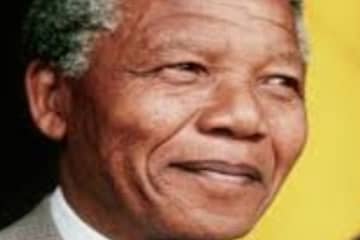General
English Prepositions: A Quick References- part 2
31. Fill in the blank: “He lives ___ New York.” Ans. “In” 32. What preposition indicates means or method: “Sent ___ email”? Ans. “By” 33. Which preposition indicates accompaniment: “She went ___ her friends”? Ans. “With” 34. Fill in the blank: “The house is ___ the Read more…



